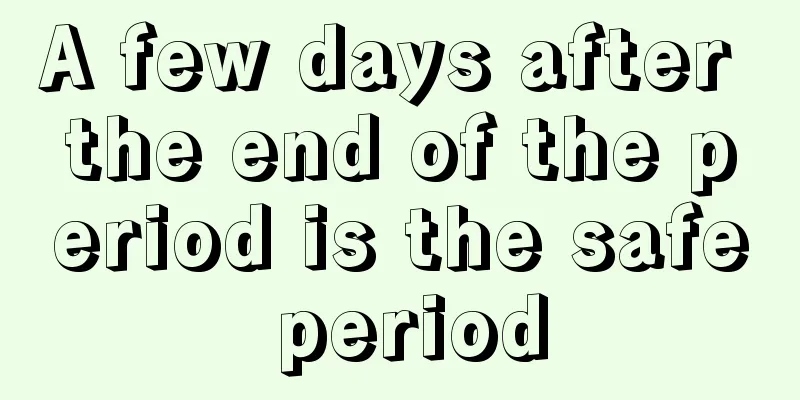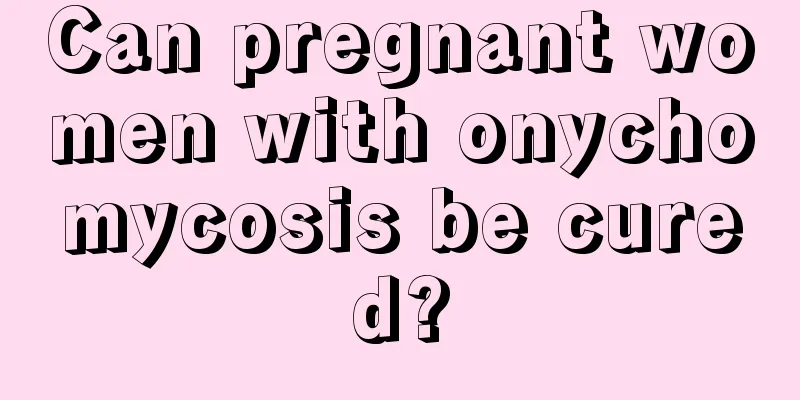What is the best way to treat pelvic peritonitis?

|
Pelvic peritonitis is also a common peritoneal inflammatory disease, and the incidence rate is very high for women. Once you suffer from this disease, you will often experience a series of serious symptoms such as abdominal pain, high fever, severe shock, heart failure, pulmonary edema, etc. So how to treat it? 1. Antibiotic treatment: For patients with obvious symptoms, antibiotics should be used as the first choice for treatment. Antibiotics can kill any remaining pathogenic bacteria and prevent acute attacks. Commonly used drugs are still penicillin, gentamicin, metronidazole, etc., and the usage is the same as that for acute salpingo-oophoritis and pelvic peritonitis. 2. Tissue therapy: such as placental tissue fluid, placental globulin, intramuscular injection, once a day or every other day, 15 times as a course of treatment. 3. Physical therapy: Benign warm stimulation can promote pelvic blood circulation, improve the nutritional status of local tissues, and facilitate the absorption and disappearance of inflammation. Commonly used physical therapies include short wave, ultrashort wave, infrared, audio, ion penetration, etc. However, do not use physical therapy if the body temperature exceeds 37.5℃ or if you have genital tuberculosis. 4. Other drug treatments: Intrauterine injection can be used to treat fallopian tube obstruction caused by chronic salpingitis. Use 160,000 units of gentamicin, 5 mg of α-chymotrypsin, and 5 mg of dexamethasone, dilute them with 20 ml of normal saline, strictly disinfect the vulva, vagina, and cervix, and then inject into the uterine cavity. Start 3 days after the menstruation ends, and inject once every 2 days until before ovulation. The treatment can be continued for 3 cycles. 5. Surgical treatment: Larger hydrosalpinx or tubo-ovarian cysts caused by inflammation can be treated surgically. For those who are infertile due to fallopian tube obstruction, fallopian tube repair surgery can be performed. For chronic salpingo-oophoritis and pelvic peritonitis with repeated acute attacks, when drug treatment is not effective, the patient is in great pain, and the patient is older, surgical treatment may also be considered. |
<<: What should I do if I get pregnant with hypothyroidism?
>>: The best treatment for pubic lice, eight methods to teach you
Recommend
How to read Down syndrome screening results
Down syndrome screening is actually a screening m...
Ten Home Remedies for Psoriasis
Psoriasis is a chronic inflammatory skin disease ...
What should women do when they sweat during menopause?
When women reach menopause, they will experience ...
Symptoms of women's venereal disease
The symptoms of sexually transmitted diseases inc...
What is the reason for repeated morning sickness?
Morning sickness is actually a normal phenomenon ...
What are the complications of cesarean section?
Nowadays, many women choose cesarean section when...
What's the matter with bloodshot?
Many female friends have experienced the situatio...
Tips for anesthesia gastrointestinal endoscopy to help you start a pain-free journey
Author: Bi Xi, the Fifth Medical Center of the Ge...
What is the reason for a normal menstrual cycle but a small amount of menstruation?
The normal menstrual cycle lasts 28 days. If the ...
Sickweather: Twitter can track diseases, can it predict epidemics?
There is not only "Justin Bieber fever"...
World Alzheimer's Day: Why do people get dementia? How to prevent it?
With the development of society and the improveme...
What are the dangers of singing during menstruation?
Young people nowadays like singing very much, and...
Can I take motherwort granules after medical abortion?
For a woman, pregnancy and childbirth are a perio...
What is the most effective way to treat vaginal flatulence?
Vaginal flatulence is quite embarrassing for many...
Why do women often suffer from constipation?
Constipation, in simple terms, means difficulty i...









